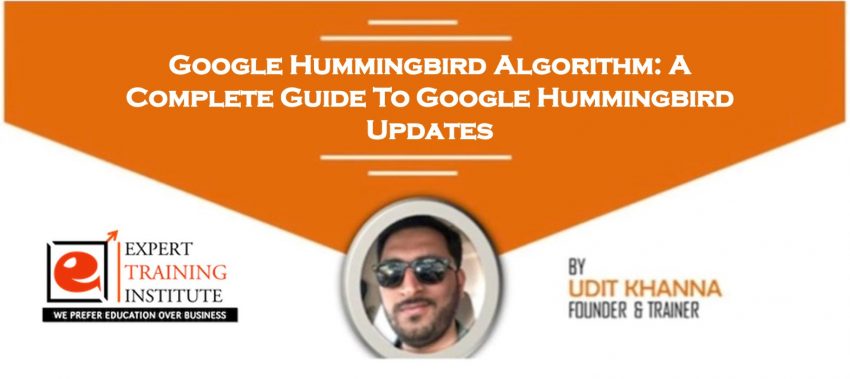How Meta Tags have changed in these years?
SEOs are first introduced to Meta Tags that are the best tools in a SEO’s repertoire. They are first thing to be noticed by search engine crawlers as they’re included at the top in the header of every web page. But SEOs obsession with Meta Tags could kill the objective of tagging.
Here we’ll discuss the good, the bad and the indifferent Meta Tags
The good Meta tags
These are must have tags for every web page and you’ll see that the list of good tags is very small. There are only a few tags that can be called good.
-
Meta content type: It is all about character set of a web page and it shows how the page will be rendered on a browser. It is the most important tag as, without content-type meta tag, the page won’t be legible for the viewers.
-
Title: Title tag is different from meta as it is incorporated into the header but it is crucial for SEO as it describes the pages. Every page should have a unique title tag because each page has a different objective.
-
Meta description: It is an infamous page as it is most misused. A meta description is used to help users find the page in SERPs; it is an ad copy that you’re free to write using your creativity. Importance of this page is that it determines whether the viewers click on your page. You should write it within 160 characters and you should write it get the attention of viewers.
-
Viewport: It is for mobile marketing and if you aren’t using this tag then you could be edged out by your counterparts that are better equipped to target mobile market.
The bad meta tags
These tags are bad not because they harm the web page but because they eat space. They were using a decade ago but not today.
- Author/web author: It contains name of the author of the web page
- Revisit after: It is a command to the robots to revisit the webpage after some time
- Rating: It denotes maturity rating of content on the web page
- Expiration/date: It tells about the date of creation and expiry of the web page. But the expired web pages can simply be removed from site
- Copyright: It isn’t needed as footer of your site says “Copyright 20xx”
- Abstract: It is used to draw an abstract from the content for educational purpose
- Distribution: It controls viewership of the web page but when the site is open for the world, this tag doesn’t make sense
- Generator: It tells about the program that created the web page
- Cache control: It tries controlling how the page is cached in browsers. But HTTP header does the same task
- Resource type: It tells about resource of the page like “document”
The indifferent meta tags
Websites use these tags for different reasons but you can do without them
- Social meta tags: Social media data is crucial for sharing but not required per se
-
Robots: It is all about indexing and link following. Not specifying robot tag will read index and follow. You should use robot only when you want to change these commands like noindex but follow.
-
Specific bots (Googlebot): These tags give specific bot instructions like noodp (not to use your DMOZ listing information) and noydir (not use Yahoo Directory listing). But search engine robots are good at these types of things. If you still feel you need these tags, you’re free to use
- Language: If you’re targeting global market and don’t want to reveal primary language used on the page then use this tag
- Geo: This meta tag is used by Bing and not Google and denotes geographic position of web page
- Keywords: There is no reason to use this page, if you’re creating a website from scratch but if the site is automated then you need this tag
- Refresh: It is for redirect
- Site verification: Sites are verified by search engines but this tag is needed as there is no other form of verification available
Conclusion
My advice with meta tags is to stick to the bare minimum. Don’t go on adding tags you don’t need as the tags will only eat out space on the page. The less coding you have, the better is for your page.




